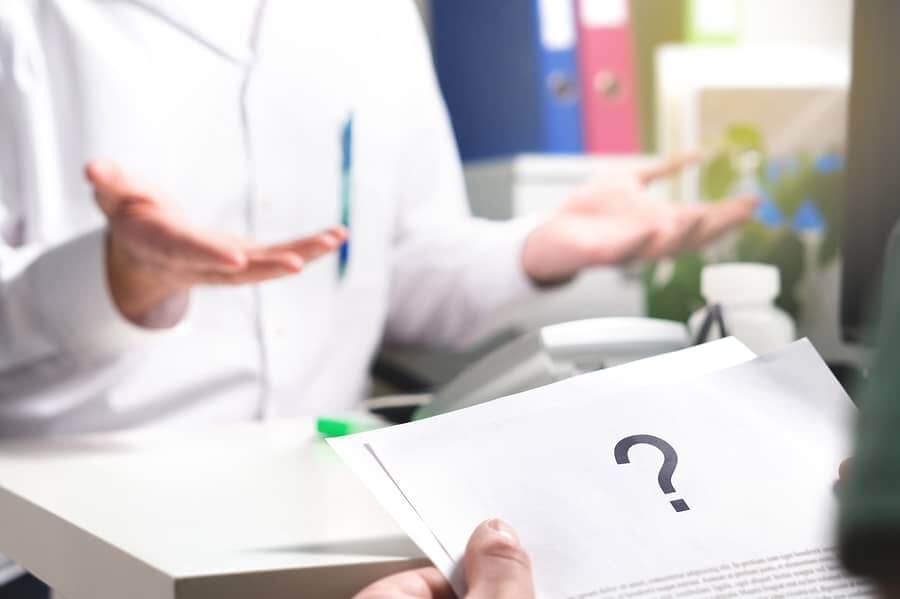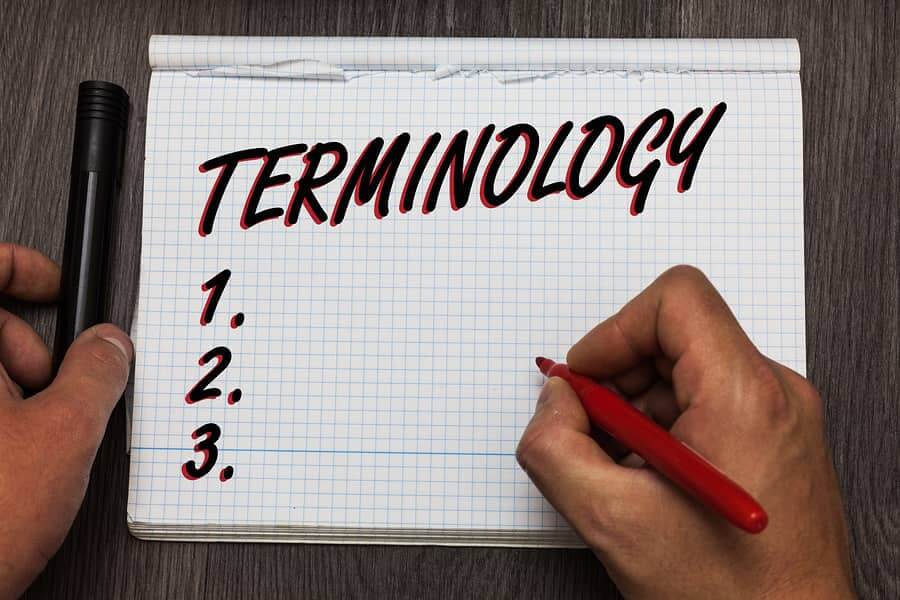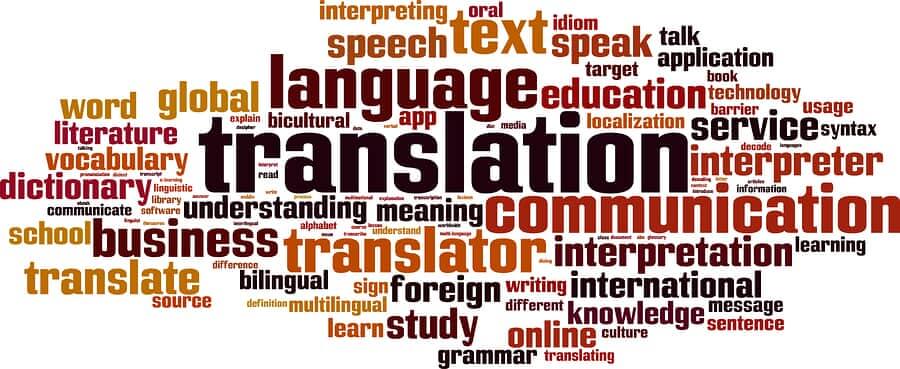Like any country with its own language, the medical field has its own too. This is so communication between medical professionals can take place quickly and efficiently without the need for too much explanation. It’s a specific language that is not just used by nurses, doctors and other people who are actively involved in the […]
Strange Terms Used by Medical Professionals
There are some interesting and unique medical terms for common medical occurrences that are highlighted below:
Weird, Crazy, Cool and Funny Medical Terms
Generally, people don’t have much interest in treating medical matters with a sense of humour as normally health issues are a sobering affair. This doesn’t mean the medical profession doesn’t use some strange term.
How Will GDPR Affect the Translation Industry?
Very soon, new General Data Protection Regulations (GDPR) come into effect. Both freelance and translation services, including those which deal with medical translation, should be preparing themselves for implementing GDPR rules if they operate within the EU or have clients based in the EU.
What Makes an Unprofessional Translation?
There are many ways in which a translation may appear to have been done in an unprofessional way so that it doesn’t truly reflect the meaning of the original or source document. This is, in effect, an unprofessional translation.
What is So Important About a Translation Terminology List?
Translation terminology lists are part of ensuring a quality language translation. To be honest, they are not always necessary, but quality standards in some countries are very exacting and that means that there may be a need to ensure that a translation terminology list is available to the translator.
What Is CE Marking and What Are Its Effects On Translation?
The European market is vital for most companies selling medical products. These markets assess the quality of the products they buy by insisting that companies which market them have a ”CE” marking. This is important for all distributors, manufacturers and importers which trade on European markets. It is compulsory to have a CE marking on […]
Factors That Have An Effect On Translation’s Turnaround Time
When asking for a quote for a translation from a translation service company, the first thing you probably look at is the price for the translation. However, what you end up agreeing to pay may affect the turnaround time of your translation.
How to Avoid Cultural Mistakes in Localization
Localization goes a step further than translation when it comes to promoting a product. It’s a translation which considers the way the audience in the targeted country thinks, acts and talks. It also adapts the translation to local customs, laws, traditions and beliefs. There is no special code that needs to be followed but the […]
Why You Should Avoid Automated Translation?
In recent years the development of automated language has moved forward in leaps and bounds. Technology companies have created an almost seamless connection between machines and humans. However, even if these may be seen as advances, when it comes to the end product of translation automation it’s clear that there is no technology yet available […]










